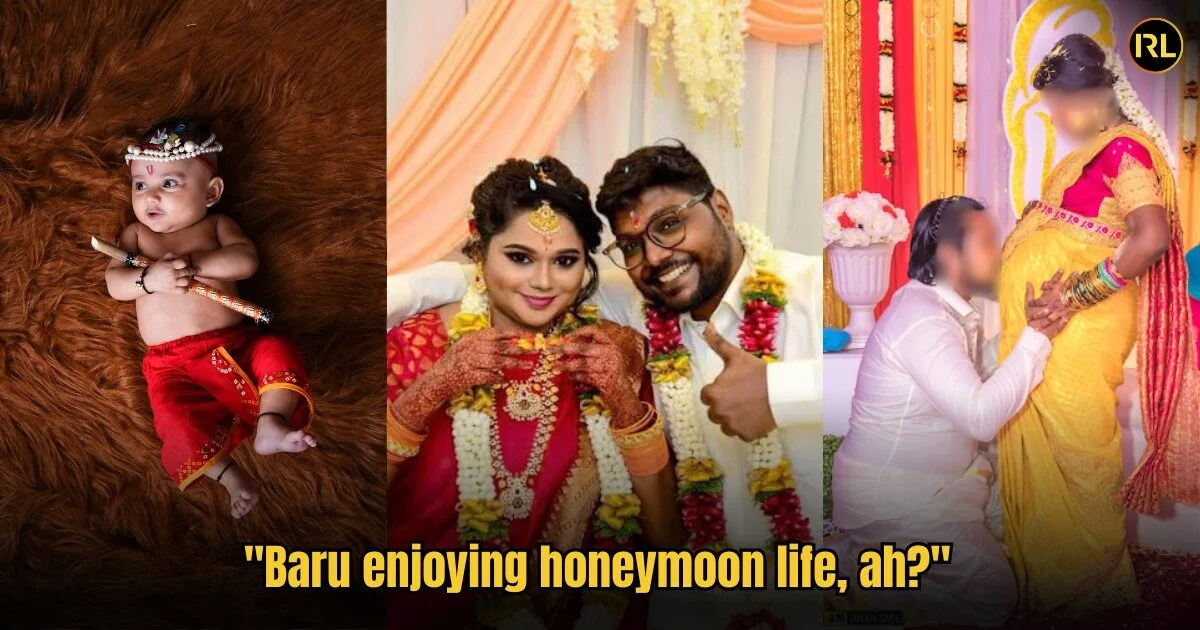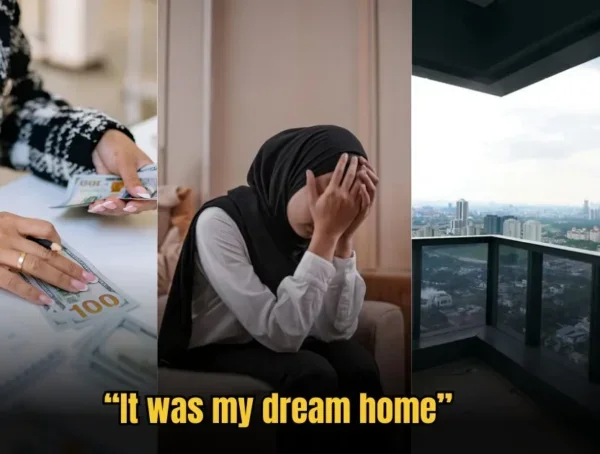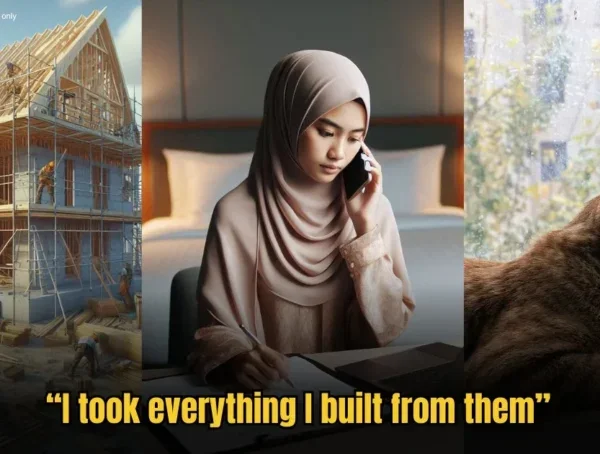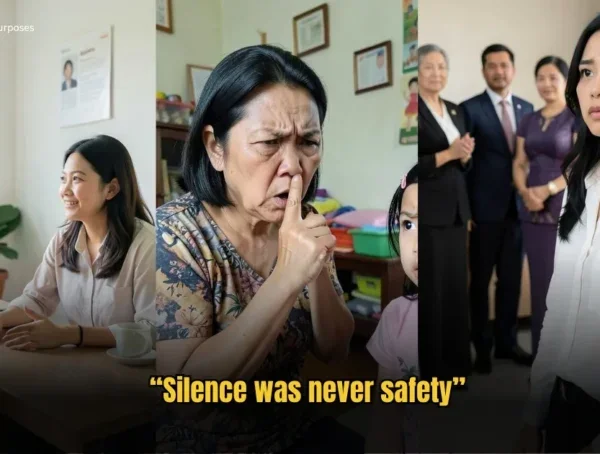
In a country obsessed with traditional values, choosing a DINK (Double Income, No Kids) lifestyle can feel like taking a stand against a tidal wave of expectation. But that is exactly the life that M’sian man Kavin Mitra and his wife navigate daily.
I never imagined that the simple decision for my wife and me to live childfree would lead to an all-out familial and societal tribunal. Yet here we are—two years into our marriage, defending a choice that should’ve remained private.
The first year of our marriage passed in quiet contentment. I was 37, she was 34. We married for love, not legacy. We didn’t ask about caste. We didn’t plan for children. We simply chose each other, fully, joyfully.
But by our second year, the silence around our childlessness became filled with loaded questions.
“You both are very modern, ah?” an uncle chuckled. “But don’t wait too long. Bloodline cannot be paused.”
My wife, now 35, often finds herself cornered at family functions. Not by hostility, but by a persistent undercurrent of urgency. At weddings, housewarmings, temple events—even funerals—someone will always whisper:
“Still no baby?”
“What are you both waiting for?”
“Maybe you just need to see a good doctor…”
In Indian culture, especially within traditional households, a woman is considered part of the husband’s family from the moment she’s married.

She adopts his surname, his customs—and yes, his caste. And for many older relatives, this caste lineage must be preserved through childbirth. A child born outside of the bloodline—through adoption or surrogacy—is seen as a dilution of that purity.
When adoption came up once in passing, my wife’s mother responded almost instinctively: “If you don’t want your own baby, just say so. But don’t bring someone else’s blood into our name.”
Surrogacy? That’s an even more complicated discussion.
In Western societies, it’s often seen as a compassionate solution. But here, it’s met with suspicion. There are cultural rituals that span an entire pregnancy—ceremonies like the bangle ceremony (valaikaapu), which involves prayers, gifts, and well-wishes for the expecting mother. These rituals require the mother to be within the household, accessible, part of the familial fabric.
“How will we do our prayers if the mother is a stranger? We don’t even know her caste,” another aunt once said, shaking her head in dismay. “And paying someone to carry your child? That’s not our culture—that’s business.”
In some ways, it’s not just about the child. It’s about the process of creating the child.
Every trimester has its rituals. Specific relatives visit at specific times. There are prescribed foods, chants, and ceremonies to invoke divine protection. If you bypass all this, it’s not just unorthodox—it’s sacrilegious.
My wife, meanwhile, is still expected to participate in these rituals—for others. She is invited to attend the bangle ceremonies of younger cousins, to bring gifts, to sit in on prayers for safe deliveries. And each time, she does so with grace. But the conversations that follow are always tinged with judgment.
“You’re older than her, right? No kids yet?”
“You must feel so left out.”
“Still enjoying honeymoon life, ah?”
We smile. We nod.
But behind those smiles are the same thoughts running in loops—Why must our worth as a couple be measured by our reproductive status?
Choosing the DINK lifestyle wasn’t about rebellion. It was a thoughtful, loving decision. We wanted to build a life rooted in partnership, passion, and purpose. Our days are filled with laughter, mutual growth, travel, deep conversations—and yes, sometimes silence. The kind of silence that comes from being at peace.
Yet, explaining that to a culture so entwined with the idea of continuation—of family, caste, rituals—is exhausting.
There’s a deep irony in all of this.
In a society that’s quick to celebrate progress—education, careers, independence—we are still bound by an ancient script that says: A marriage without children is incomplete.
But we are not incomplete. We are simply different. Our love is not a bridge to something else. It is the destination.

Let our story be a reminder that fulfillment wears many faces. Parenthood is beautiful—but so is choosing not to parent. There is no universal blueprint for a meaningful life. And in the end, the only lineage that should matter is one built on kindness, understanding, and respect.
Have a story to share?
Submit your story to ym.efillaerni@olleh and you may be featured on In Real Life Malaysia.
Read also: “How Do I Say No to My Parents?” Shares M’sian Woman Torn Between Buying a House and Living Her Own Life
More from Family Drama
“My Family Turned on Me” Woman Reveals Pressure to Rent Below Cost to Relatives
What was supposed to be a step toward financial independence turned into a painful family conflict for Aina* (name changed …
“I built the family home and I sleep in the garage?” says bitter Malaysian woman
This story is about a daughter who spent 17 years sacrificing everything to build her family a dream home, only …
‘My parents only cared about our family image’ Shares 29 YO Malaysian woman
This story is about a Malaysian woman who grew up thinking her childhood was normal, until therapy helped her understand …















